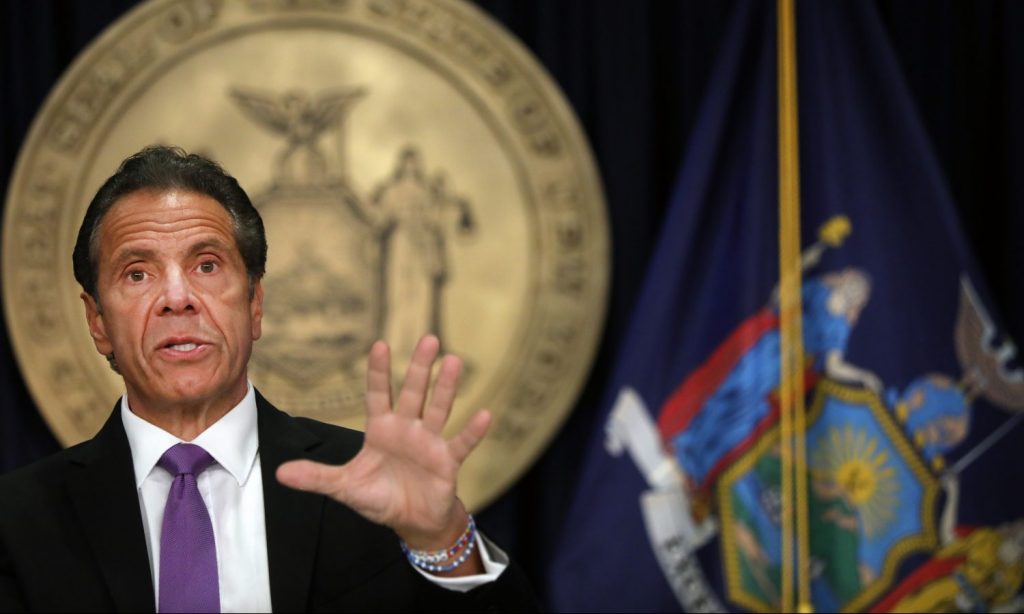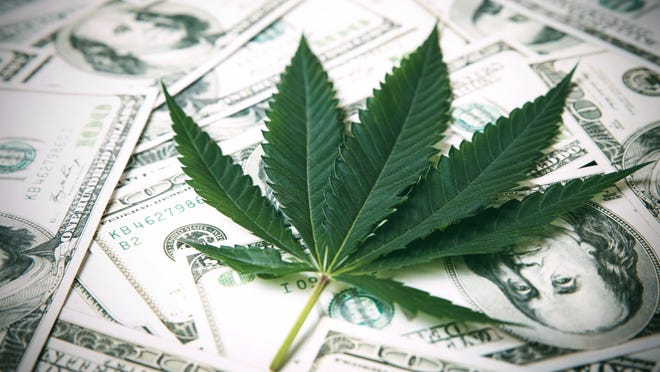An advisory group is recommending new taxes on marijuana sales to raise millions of dollars that would be used to improve diversity and help disadvantaged groups succeed in the industry.
Data collected by the Michigan Marijuana Regulatory Agency in December show that only 3.8% of those with an ownership interest in licensed recreational marijuana businesses in Michigan are Black and only 1.5% are Hispanic or Latino, according to an agency report
The voter-approved Michigan Regulation and Taxation of Marijuana Act of 2018 directed the agency to create a plan to "promote and encourage participation in the marijuana industry by people from communities that have been disproportionately impacted by marijuana prohibition and enforcement and to positively impact those communities."
The agency's Racial Equity Advisory Workgroup released its recommendations Tuesday aimed at improving access to capital for Black and brown businesses, along with technical, educational and other forms of assistance. Implementing some recommendations would require action by the Legislature.
The agency "is committed to making Michigan the model agency in the country, including being a leader on diversity, equity and inclusion in the marijuana industry," the report said.




